#Franco Anselmi
Explore tagged Tumblr posts
Text

Edmond Simpson "Abstract Nude" (Anselmi-Platt Lynes) (11-24)
5 notes
·
View notes
Text

Franco Anselmi
#visual art#sources#franco anselmi#mixed media#art#thread#red thread#kiss#love#both and#this is so beautiful and poignant and simple#heartbreak
7 notes
·
View notes
Text
27 maggio … ricordiamo …
27 maggio … ricordiamo … #semprevivineiricordi #nomidaricordare #personaggiimportanti #perfettamentechic
2021: Lorina Kamburova, attrice bulgara. Nel 2014 si laureò presso l’Accademia nazionale di teatro e arti cinematografiche Krastjo Sarafov a Sofia. Recitò in film bulgari, russi e statunitensi, la maggior parte dei quali del genere dell’orrore. Morta a soli 29 anni, per complicazioni da COVID-19. (n.1991) 2021: Robert Hogan, Robert Joseph Hogan, attore statunitense. Hogan ha iniziato la sua…

View On WordPress
#27 maggio#Annibale Papetti#Armando Bandini#Bruna Bovi#Carla Fracci#Carolina Fracci#Diego Michelotti#Franco Diogene#Giuseppe Anselmi#Giuseppe Fortis#Jeff Conaway#Jeffrey Hunter#Jone Salinas#Julia Rose Shevlin#Leonora Ruffo#Little Tony#Lorina Kamburova#Morti 27 maggio#Nancy Dow#Nancy Maryanne Dow#Paul Gleason#Robert Hogan#Robert Joseph Hogan#Thelma Bernstein#Thelma Goodman#Thelma Leeds#Werner Stocker#Yvonne Howell
0 notes
Text

Always together 2
Franco Anselmi
IG frrrankkky_art
5K notes
·
View notes
Text
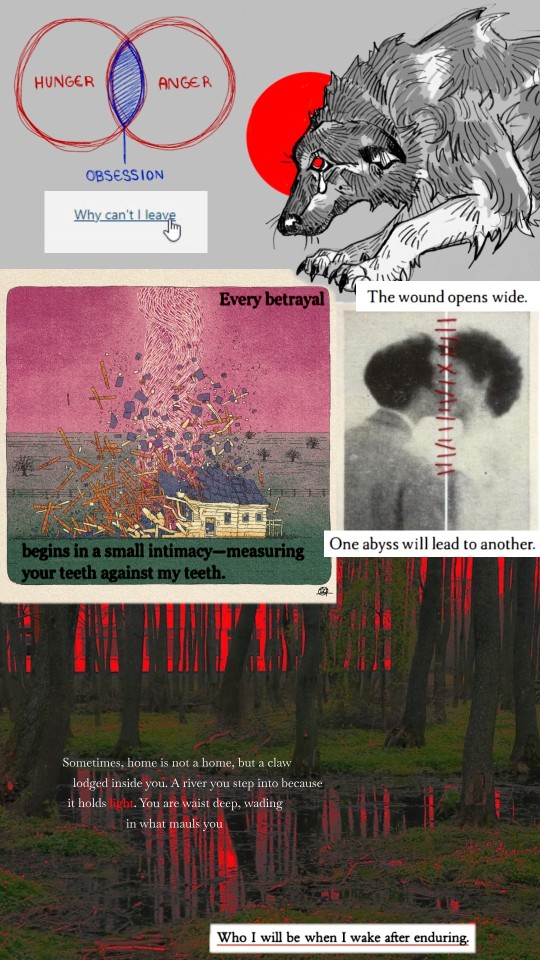
(obsession) why can't i leave
on: quackity and schlatt and a home that mauls you
created for @marrow-and-bone as part of @mcytrecursive
inspired by When the Sunlight Dies
@wormbus-art (x) | "Inferiority complex" - @tapeworrmart | @screenshotsofdespair (x) | "vengeful" - Richie Guzmán (@99centmenu) | "Do Not Bring Him Water" - Caitlin Scarano | “The Night There” - Mahmoud Darwish | "always together" - Franco Anselmi | "tension" - @glaciallis | "love is not always song, but the swelling" - Athena Nassar | New and Collected Poems: 1931-2001 - Czeslaw Miłosz
#COMPLETELY FORGOT TO POST THIS OVER HERE WHOOPISIES#When the Sunlight Dies#c!schlatt#c!quackity#web weave#schlackity#dsmp#web weaving#authors if you want me to tag you pls lmk i wasnt sure cos the fic is on anon now#my web
107 notes
·
View notes
Text
what are you going as?
Halloween Post
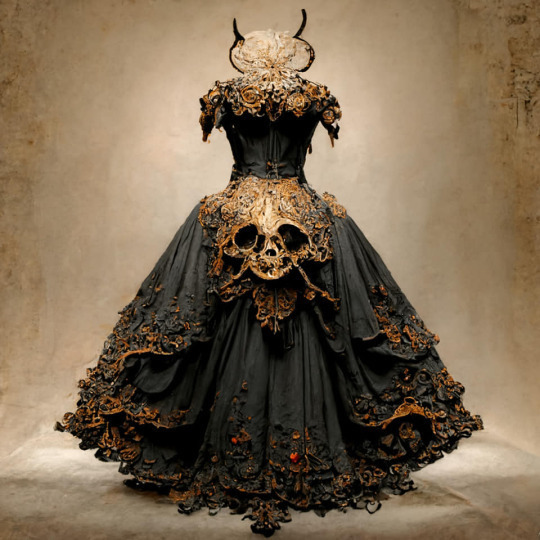
Amanda Rachels
::
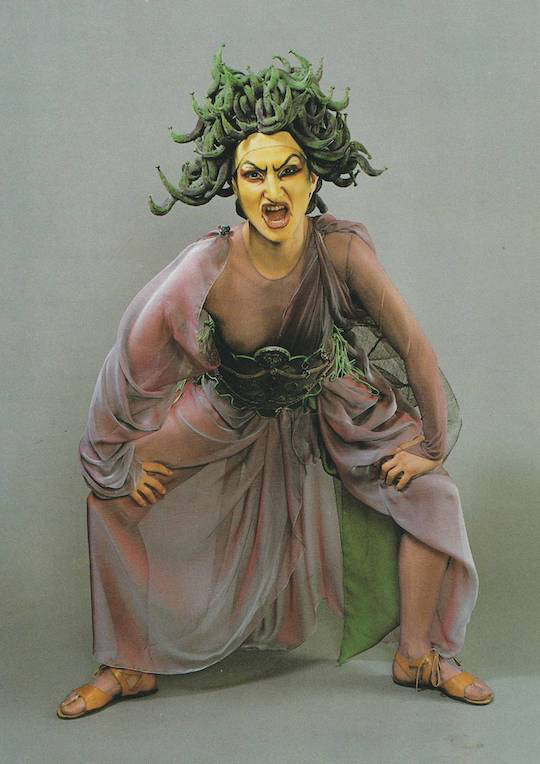
opéra côté costume - opéra national de paris
::
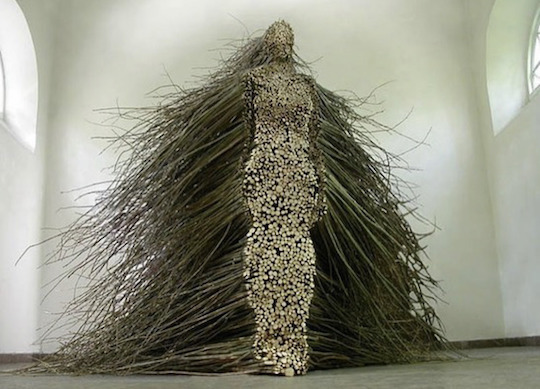
Olga Ziemska - the woman made from willow branches
::
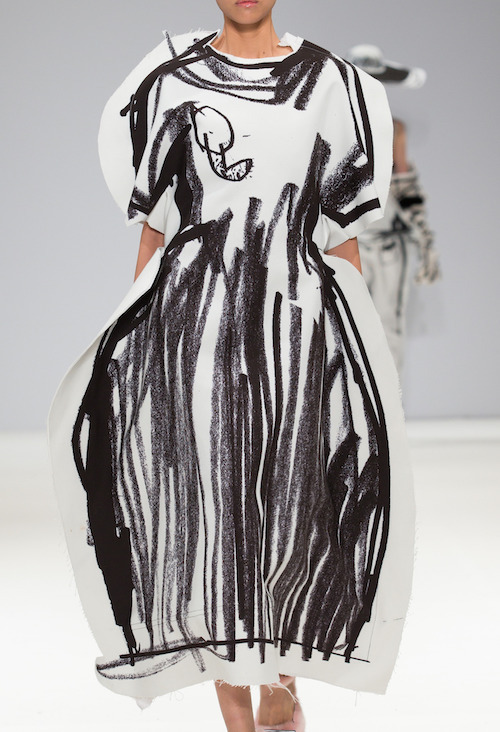
Edda Gimnes
::
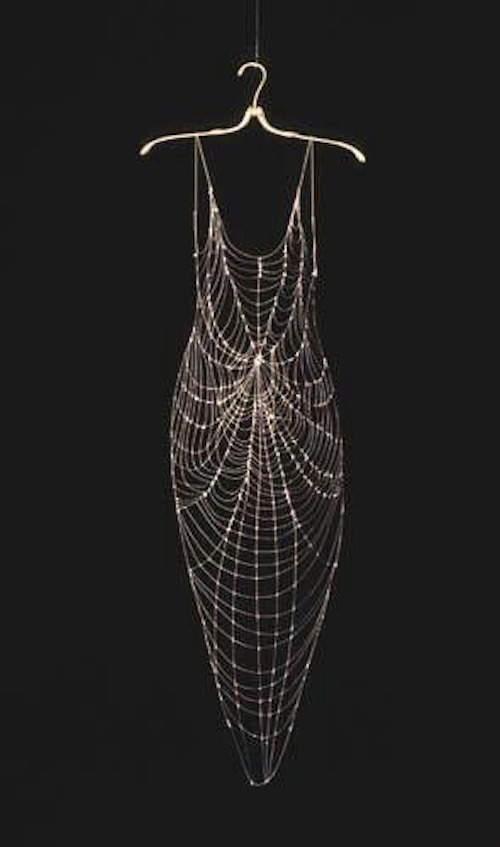
spiderweb fashion dress
::
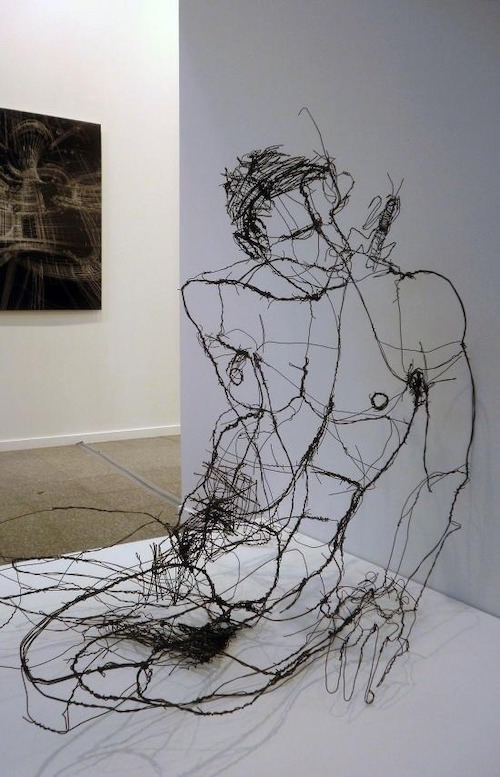
David Oliveira
::
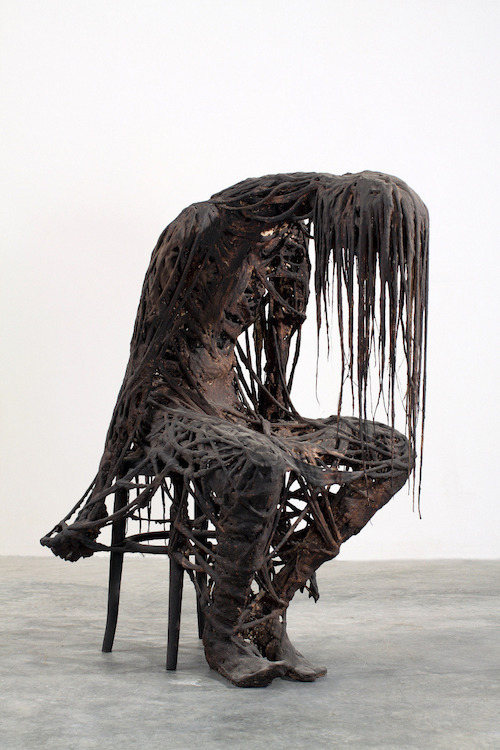
Sasha Vinci
::

Franco Anselmi - Arab man
::

neighborhood watch
::
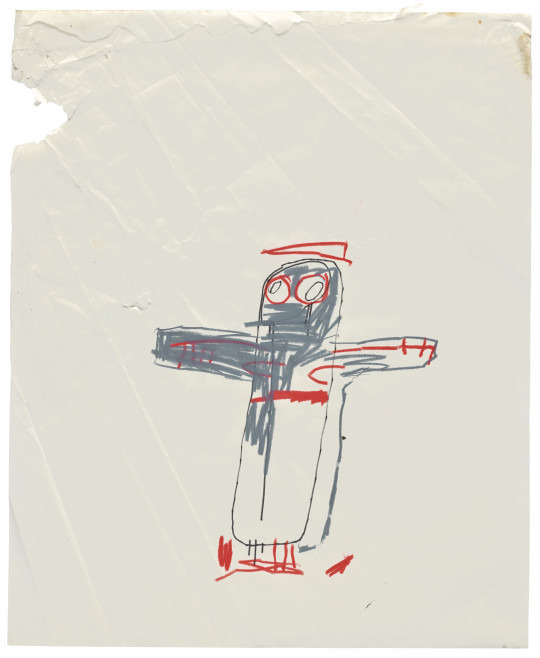
Jean-Michel Basquiat
::
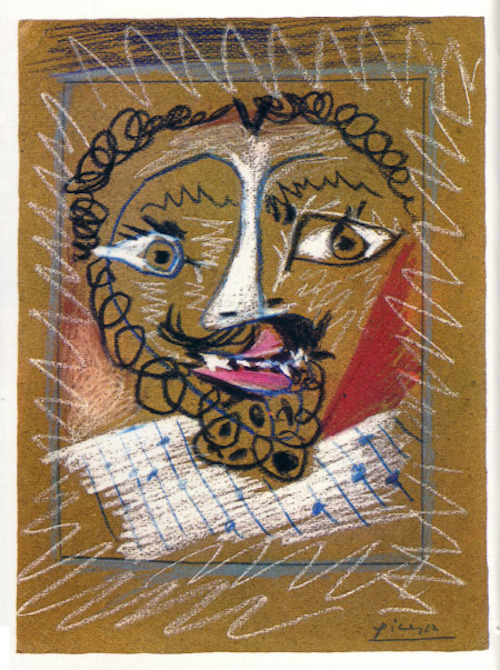
Pablo Picasso
::
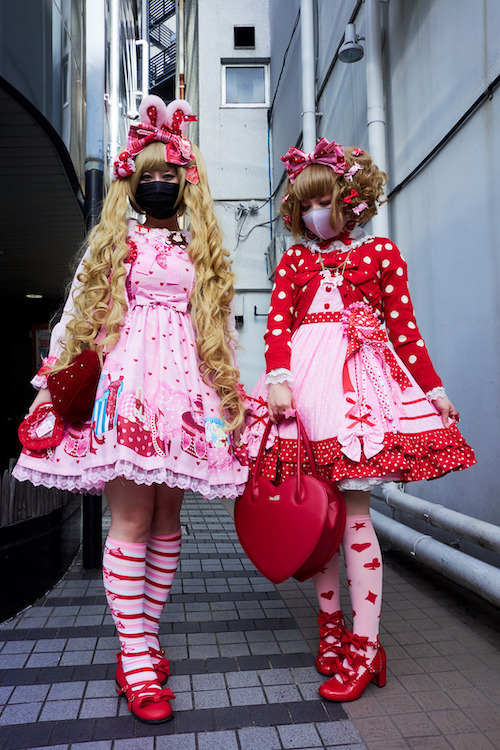
Harajuku fashion
::
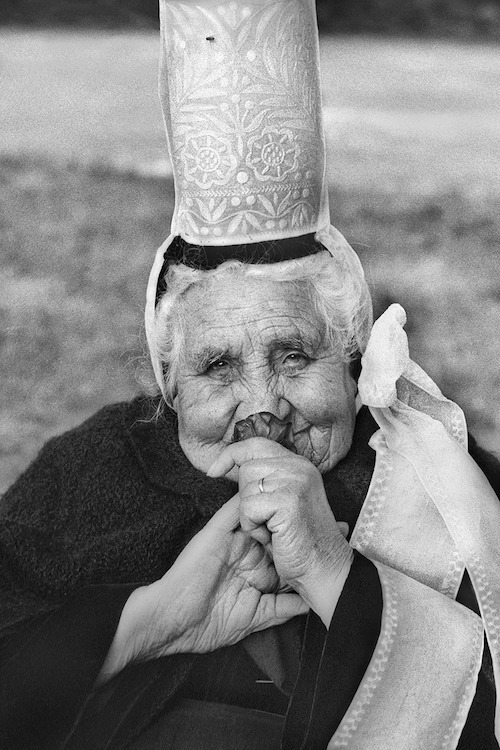
Pierre Le Gall
::
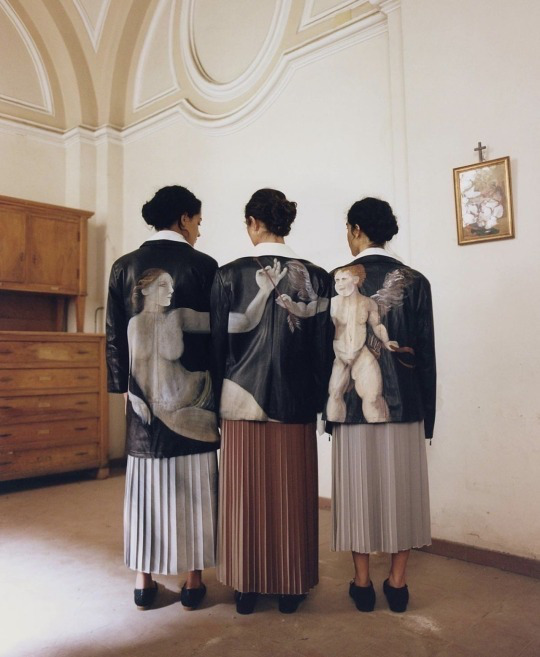
Riccardo Maria Chiacchio stylist
::
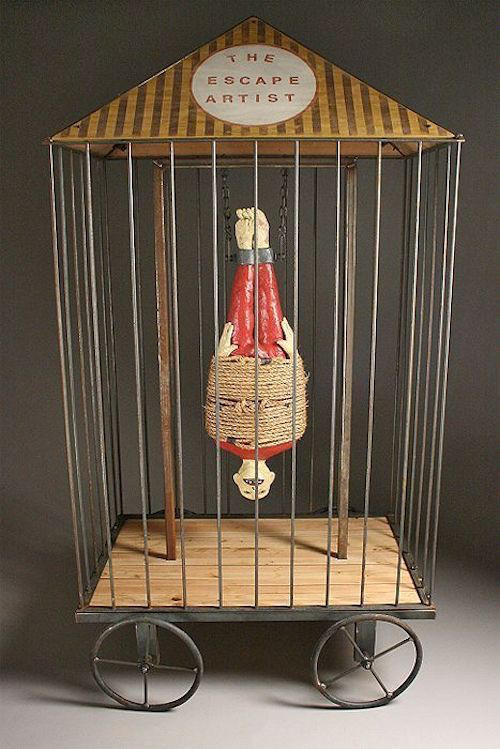
Wesley Anderegg
::

GI Donnie
::
Wednesday: Indigenuity
3 notes
·
View notes
Photo
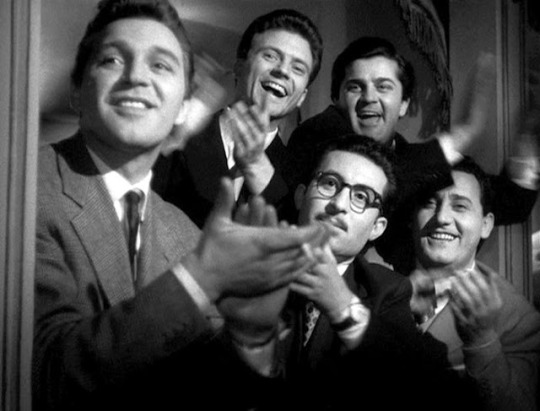
Franco Fabrizi, Franco Interlenghi, Leopoldo Trieste, Riccardo Fellini, and Alberto Sordi in I Vitelloni (Federico Fellini, 1953) Cast: Franco Interlenghi, Alberto Sordi, Franco Fabrizi, Leopoldo Trieste, Riccardo Fellini, Leonora Ruffo, Jean Brochard, Achille Majeroni, Guido Martufi. Screenplay: Federico Fellini, Ennio Flaiano, Tullio Pinelli. Cinematography: Carlo Carlini, Otello Martelli, Luciano Trasati. Production design: Mario Chiari Film editing: Rolando Benedetti. Music: Nino Rota. The international success of I Vitelloni launched Federico Fellini's directing career after the comparative failures of Variety Lights (1951), which he co-directed with Alberto Lattuada, and The White Sheik (1952), his first solo directing effort. It also earned him an Oscar nomination for screenwriting, which he shared with Ennio Flaiano and Tullio Pinelli. It's certainly one of his most endearing early films, made before his familiar mannerisms set in -- though there are glimpses of those in the tawdry theatrical sequence with the grotesque aging actor played by Achille Majeroni (a part that Fellini tried to persuade Vittorio De Sica to play). But somehow it has taken me several viewings over the years to fully appreciate it. I think that's because Fellini's greatest films have a strong central character -- usually played by Giulietta Masini or Marcello Mastroianni -- to hold the narrative together. I Vitelloni is by definition and title an ensemble picture, but it's also the first of Fellini's excursions into himself, concluding with the Fellini surrogate, Moraldo Rubini (Franco Interlenghi) boarding a train that will take him away from the idlers of his provincial home town -- and presumably to Rome, where he will become the jaded Marcello Rubini of La Dolce Vita (1960) and the blocked director Guido Anselmi of 8 1/2 (1963). The problem is that the character of Moraldo isn't written strongly enough or given enough substance by the actor: Interlenghi, who was discovered by Roberto Rossellini and cast in Shoeshine (1946), had a long career in films and TV in Italy, but the part in I Vitelloni demands someone with more charisma -- a young Mastroianni, in short. Moraldo is overshadowed by the womanizing Fausto (Franco Fabrizi) and by the comic figures of Alberto (Alberto Sordi) and Leopoldo (Leopoldo Trieste). The scenes that should develop Moraldo as a central figure don't quite work, particularly the early-morning encounters with Guido (Guido Martufi), a boy on his way to work at the railroad station -- a sharp counterpoint to the idling vitelloni. "Are you happy?" Moraldo asks the boy. "Why not?" he replies. The exchange seems designed to undercut the frenetic strivings and complaints of the vitelloni, who chafe against the boredom and provinciality of the town, but don't seem to be able to muster enough resolve to do something about it, instead continuing to pursue phantoms of creative or sexual success. The trouble with the Moraldo-Guido scenes is that they come out of nowhere narratively -- and even have oddly uncomfortable (and probably unintended) hints of pedophilia on Moraldo's part. Nor do they satisfactorily set up the film's ending: Moraldo departs and we see Guido walking along the train tracks, the former facing up to the uncertain future, the latter heading comfortably back into his routine. Still, it's a film held together by the score by Fellini's great collaborator Nino Rota, and filled with the boundless energy that often rescued Fellini from his worst impulses.
#I Vitelloni#Federico Fellini#Franco Fabrizi#Franco Interlenghi#Leopoldo Trieste#Riccardo Fellini#Alberto Sordi
2 notes
·
View notes








